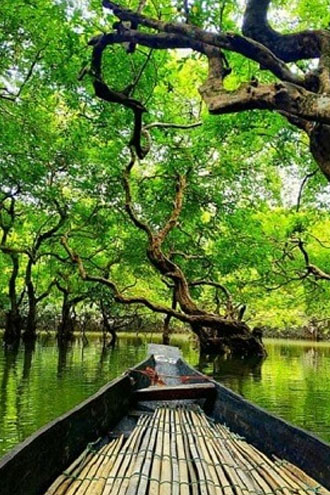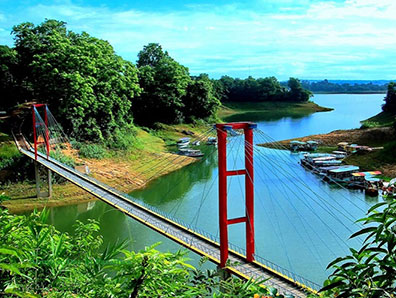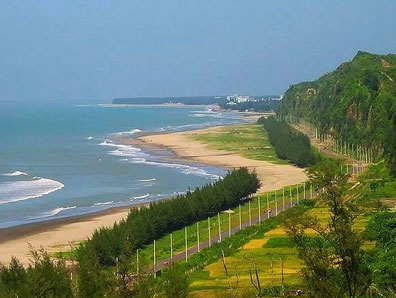Bolivia is a country located in South America, bordered by Brazil to the north and east, Paraguay to the southeast, Argentina to the south, Chile to the southwest, and Peru to the west. The capital and largest city is La Paz. The official languages are Spanish and 36 indigenous languages. The currency is the Bolivian Boliviano. The population is around 11 million.
Bolivia has a diverse climate, ranging from tropical in the lowlands to cold and alpine in the highlands. Its economy is based on natural resources, particularly minerals and natural gas, as well as agriculture and manufacturing. Bolivia also has a growing tourism industry, with visitors coming to explore its natural beauty, traditional culture, and historic sites.
Bolivia is a presidential representative democratic republic, with the president as both the head of state and government. The country has a complex political situation, with frequent changes in government and social movements that have a strong influence in the country's politics.
Bolivia has a rich history and culture, with influences from the Inca Empire and Spanish colonialism. The country is home to many historic sites and landmarks, such as the Tiwanaku ruins and the Kala Uyuni salt flats. Bolivia is also known for its traditional festivals and music, such as the Carnaval de Oruro and the Festival Internacional de la Música de Cochabamba.
Bolivia is known for its natural beauty, including the Andes mountain range and the Amazon rainforest, as well as its diverse ecosystems, such as the wetlands of the Pantanal and the high-altitude deserts of the Altiplano. The country is also home to many national parks, such as the Madidi National Park, and many indigenous communities that still maintain their traditional way of life.
Bolivia has a large indigenous population and the country has made an effort to recognize and protect the rights of these communities, which has led to a greater representation of indigenous people in the country's politics and society.


